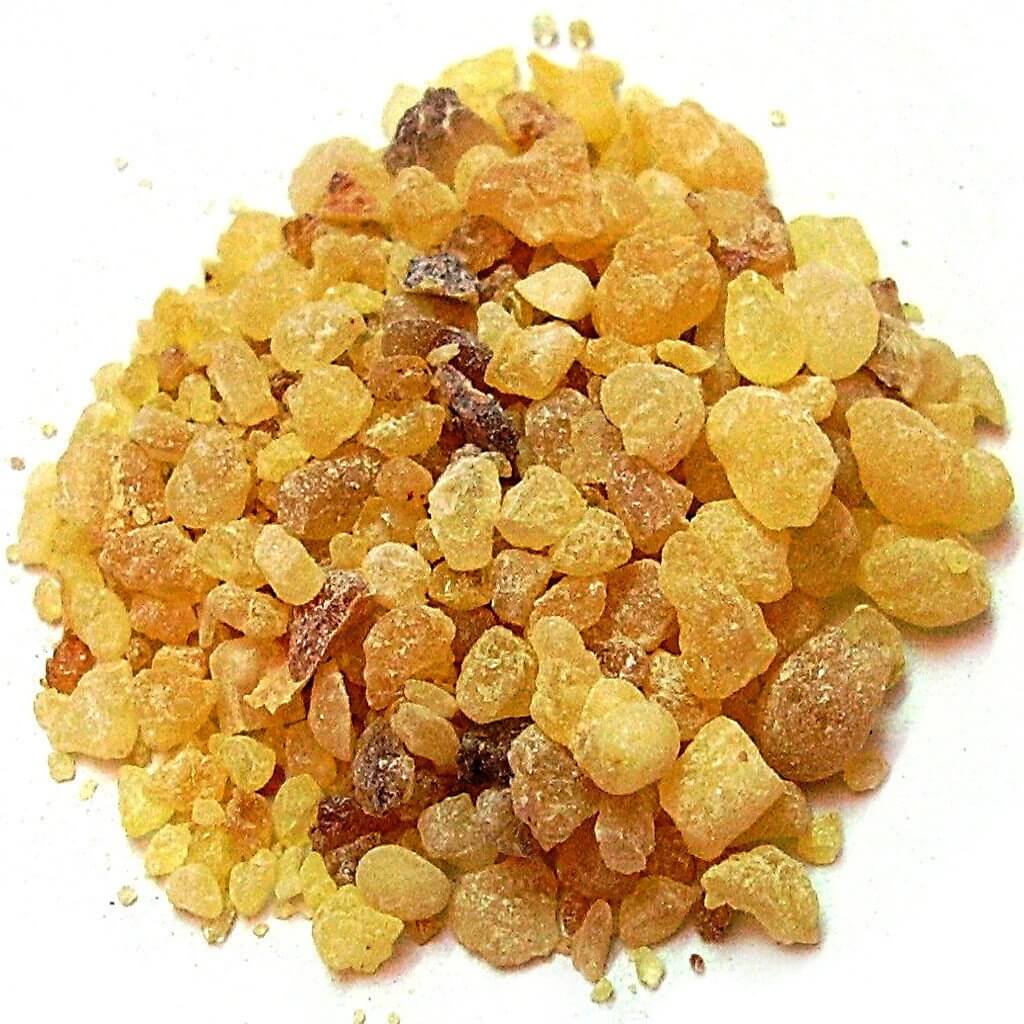Frankincense benefits: The Timeless Elegance of Frankincense: Nature’s Gift to Humanity

Introduction: Frankincense, often referred to as the “King of Resins,” is a fragrant resin derived from the Boswellia genus of trees, particularly the Boswellia sacra variety found in regions such as Arabia, Ethiopia, Somalia, and India. With a history spanning nearly 5,000 years, this aromatic treasure has been prized for its versatility in perfumes, cosmetics, and religious rituals as incense. Once considered as valuable as gold, frankincense has also played a crucial role in traditional medicine, offering remedies for a wide array of ailments, including ulcers, skin conditions, respiratory complaints, and eye disorders. In this article, we embark on a journey to explore the multifaceted beauty and therapeutic potential of frankincense.
The Resplendent Legacy of Frankincense: Frankincense’s rich legacy is intertwined with human civilization. Revered by ancient cultures and cherished by royalty, this aromatic resin has graced the annals of history as a symbol of luxury and spirituality. Its enduring popularity is a testament to its unparalleled aroma and multifarious benefits.
Aromatic Majesty: Frankincense owes its lasting fame to its captivating aroma. With notes of citrus, pine, and a touch of sweetness, the scent of burning frankincense resin has been used to elevate rituals and ceremonies, creating an atmosphere of sanctity and tranquility.
Religious Significance: For millennia, frankincense has been an integral part of religious rituals in various faiths, including Christianity, Islam, and Hinduism. Its use in religious ceremonies signifies purification, sanctification, and the elevation of prayers.
The Medicinal Marvel: Beyond its spiritual significance, frankincense has been an indispensable component of traditional medicine. Its therapeutic properties have been harnessed to alleviate a wide range of health issues:
- Ulcers: Frankincense has shown promise in the treatment of ulcers, owing to its anti-inflammatory properties that can help soothe irritated stomach linings.
- Skin Conditions: The resin’s antiseptic and anti-inflammatory properties make it a valuable remedy for various skin conditions, including acne, eczema, and wounds.
- Respiratory Health: Frankincense’s aromatic compounds have been used to ease respiratory complaints, such as asthma and bronchitis, by promoting clearer airways and reducing inflammation.
- Eye Disorders: In some cultures, frankincense has been employed to address eye disorders, thanks to its potential anti-inflammatory and soothing effects.
Harnessing the Power of Frankincense Today: In the modern era, the allure of frankincense endures. Its applications have expanded into the realms of aromatherapy and holistic wellness. Today, individuals seek out frankincense essential oil and resin for its potential benefits, including stress reduction, pain relief, and skin rejuvenation.
Aromatherapy: Frankincense essential oil is a cherished component of aromatherapy, where its soothing aroma is used to alleviate stress, anxiety, and promote a sense of calm.
Topical Use: Diluted frankincense essential oil is applied topically to address skin issues, such as scars, wrinkles, and minor wounds.
Holistic Wellness: Many individuals incorporate frankincense into their holistic wellness routines, believing it offers a connection to the ancient wisdom of natural remedies.
Conclusion: Frankincense, a gift from nature with an illustrious history, continues to inspire awe and admiration. From its use as an aromatic treasure in religious ceremonies to its role in traditional medicine, frankincense stands as a testament to the enduring power of natural substances. In our modern world, it retains its allure, offering an array of potential benefits for those seeking solace, healing, and a connection to ancient traditions. As we explore the beauty of frankincense, let us remember that its value goes far beyond its fragrant resin—it is a symbol of our enduring connection to the natural world.
